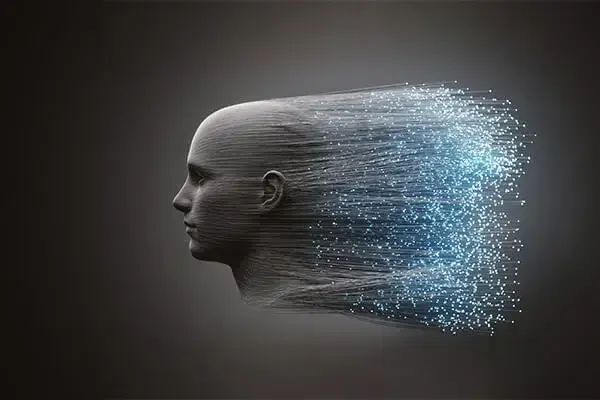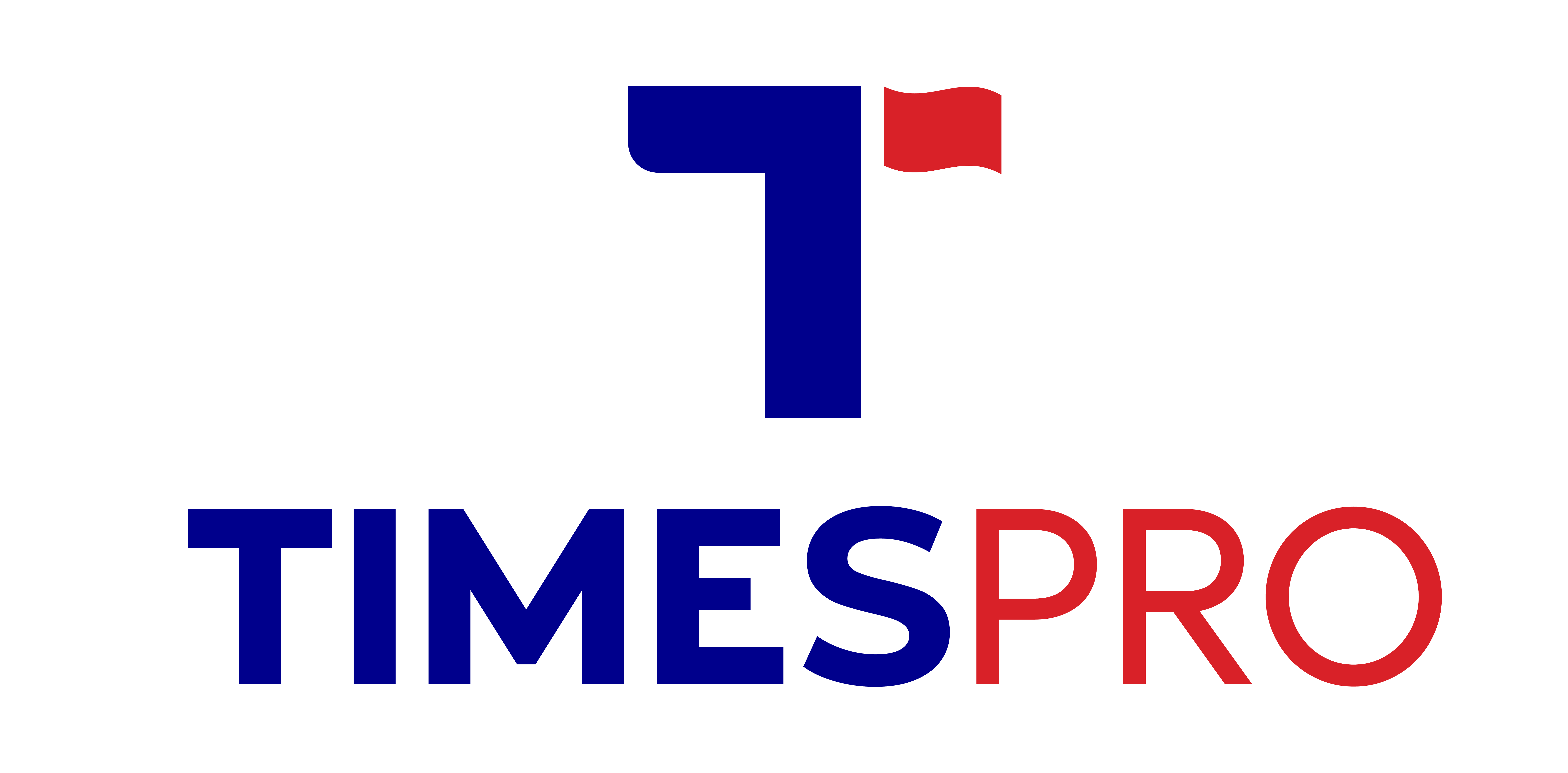IIT Mandi Certificate Programme in Applied Artificial Intelligence and Machine Learning

About Course
The Certificate Programme in Applied Artificial Intelligence and Machine Learning offers a comprehensive and hands-on approach to mastering the principles and applications of AI and Machine Learning (ML). Tailored for both beginners and experienced professionals, this programme covers a wide range of topics, including Python fundamentals, data preprocessing, predictive modelling, deep learning, computer vision, and more. Led by industry experts, the curriculum combines theoretical knowledge with practical exercises and real-world case studies to ensure participants gain a deep understanding of AI and ML concepts and their practical applications. With flexible learning options and personalised guidance, participants will acquire the skills and confidence needed to excel in the rapidly growing field of artificial intelligence and machine learning.
Find more details in Brochure
URL: Programme Page
Course Content
Python Fundamentals
-
Basic Python
-
Basic Primer
